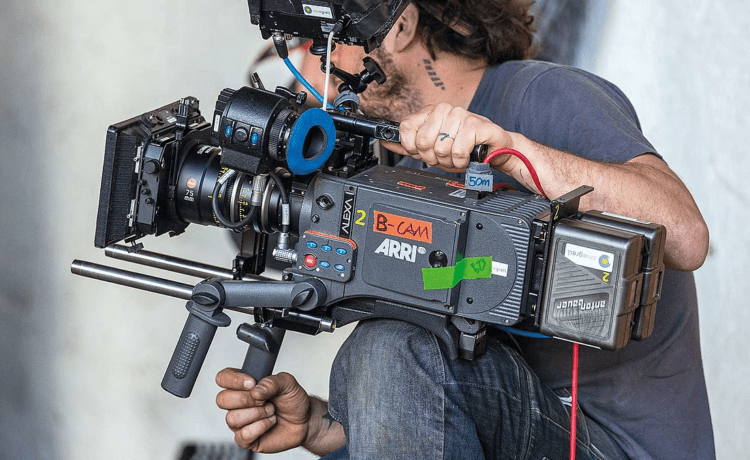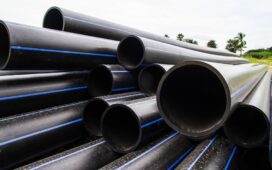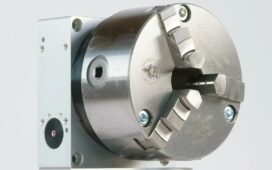Renting a film camera is a cost-effective solution for filmmakers, photographers, and content creators who need high-quality equipment for specific projects without the commitment of purchasing expensive gear. Whether you’re shooting a short film, a commercial, or working on a personal project, film camera rental offers access to a variety of cameras and lenses suited to different needs. This guide covers everything you need to know before you rent a film camera.
1. Why Choose Film Camera Rental?
Renting a film camera offers numerous advantages over purchasing. It allows you to access cutting-edge technology that might otherwise be outside your budget, and you can choose a camera tailored to your specific project requirements. Some key benefits of renting include:
- Cost-Effectiveness: Renting is much cheaper than purchasing high-end equipment, especially for one-time or short-term projects.
- Access to High-End Gear: You can rent the latest models or specialized cameras that meet the unique demands of your shoot, such as high frame rates or specific resolutions.
- Flexibility: Renting lets you choose the equipment for each shoot, whether it’s a documentary, music video, or narrative film. This flexibility ensures you’re not stuck with gear that doesn’t match your evolving needs.
2. Types of Film Cameras Available for Rent
When you opt for Film Camera Rental, it’s important to understand the different types of cameras available. Depending on your project, you may need a specific kind of camera that offers unique features.
- Digital Cinema Cameras: These cameras provide the flexibility of digital media, offering high-resolution imaging and multiple frame rate options. Popular options include the ARRI Alexa and the RED Digital Cinema cameras.
- 35mm and 16mm Film Cameras: If you’re looking for the traditional film aesthetic, renting a 35mm or 16mm camera can give your project the vintage look and feel that digital cameras may lack. Cameras like the Arriflex 35 and the Bolex H16 are commonly rented for these types of projects.
- Specialty Cameras: These include cameras for specific uses, such as underwater shooting, handheld rigs, or aerial cinematography. If your project requires unique filming conditions, be sure to explore rental options that cater to those needs.
3. Key Considerations Before Renting a Film Camera
Before you rent a film camera, there are several factors to consider to ensure you select the right equipment for your project:
- Budget: Establish your budget upfront. While renting is cheaper than buying, it can still be expensive depending on the camera and accessories you choose. Factor in additional costs such as lenses, batteries, and memory cards.
- Project Requirements: Understand your project’s technical requirements, such as resolution, frame rate, and camera type. Do you need a high-end digital camera for 4K footage, or is a vintage film camera more appropriate?
- Rental Duration: Determine the length of your rental. Rental rates are typically charged by the day, week, or month, so knowing how long you’ll need the camera will help you avoid unnecessary costs.
- Experience Level: Ensure you’re comfortable with the camera you’re renting. If you’re unfamiliar with the camera’s operation, inquire about tutorials or ask for a demonstration to avoid technical issues during the shoot.
4. How to Choose the Right Film Camera Rental Company
Not all rental companies are the same, and selecting the right one can make a big difference in your filming experience. Here are some tips for choosing the right film camera rental company:
- Reputation and Reviews: Look for rental companies with a solid reputation and positive reviews from past customers. Check online forums and social media for feedback from other filmmakers who have rented from the company.
- Equipment Availability: Ensure the company has the specific camera and accessories you need. It’s a good idea to reserve the equipment in advance, especially if you’re working with a popular camera model or during peak filming seasons.
- Customer Support: Good customer service is essential. If you encounter technical issues or need assistance with setup, it’s important to work with a company that offers reliable support and can quickly address your concerns.
5. Additional Accessories to Consider
When renting a film camera, there are often additional accessories and gear you’ll need to complete your setup. These might include:
- Lenses: Many camera rental packages include lenses, but you may want to rent specialized lenses to achieve specific looks, such as wide-angle or macro lenses.
- Tripods and Gimbals: Stabilization equipment is essential for smooth, professional-looking shots. Be sure to rent the appropriate tripod or gimbal for your camera setup.
- Audio Equipment: Cameras don’t typically come with built-in microphones suitable for high-quality sound. Rent a separate audio kit for clear sound capture.
- Lighting Equipment: Lighting plays a significant role in achieving the desired look for your project. Be sure to rent the necessary lighting gear based on your shooting location and style.
6. Renting Process: What to Expect
The process of renting a film camera typically involves the following steps:
- Selecting Equipment: Choose the camera and accessories you need for your project.
- Booking: Reserve your camera and gear, either online or in person. It’s advisable to book in advance, especially for high-demand equipment.
- Rental Agreement: Review the rental contract, which will outline the rental period, costs, and any security deposits required.
- Pickup and Inspection: On the rental day, inspect the equipment to ensure everything is in good working order. Take note of any existing damage to avoid being charged for it later.
- Return: Return the equipment on time to avoid late fees. Make sure everything is packed and functioning properly when returning it.
Conclusion
Film camera rental is an excellent way to access high-quality equipment for your project without breaking the bank. By understanding the different types of cameras, considering your project’s needs, and choosing a reputable rental company, you can ensure that your shoot goes smoothly. With the right gear and preparation, renting a film camera can help bring your creative vision to life.







